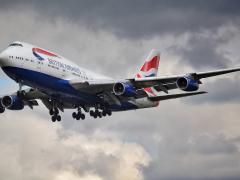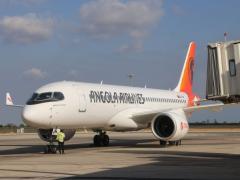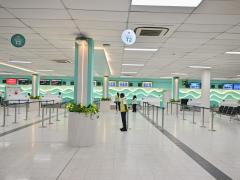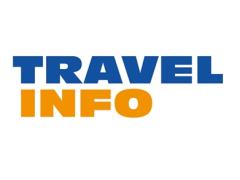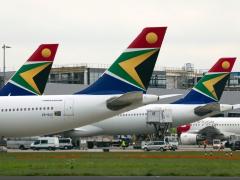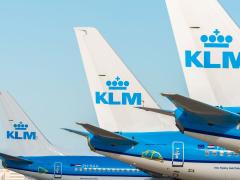TO ENSURE they are not sent
back at the border, business
travellers to Namibia should
apply for a work visa (not to
be confused with the more
onerous application for a work
permit), says the Namibia
Tourism Board.
TNW recently reported that
South African travellers were
being turned back at the
Namibian border due to visa
confusion, particularly when
determining the difference
between entering Namibia for
meetings or for work purposes
(see TNW October 26).
Visa specialists told TNW
that travellers attending
business meetings for two
days were able to obtain a
visa on arrival, while those
attending for longer needed to
apply for a work permit.
However, the Namibian
Ministry of Home Affairs says
South Africans aren’t being
turned back for such reasons.
Chief immigration officer,
Esther Hamukoto, says South
Africans heading to Namibia
to attend meetings can enter
the country without a visa,
irrespective of the number of
days and times per year.
But Cristina Cicognani,
area manager Cape Town
of Namibia Tourism, says
ultimately entry is at the
discretion of the immigration
official on duty. She says this
can create complications
for companies that regularly
send staff to Namibia and
rely on entering the country
under the guise of attending
meetings. Cristina says the
regularity with which they
return indicates they are not
really there for a meeting.
“The immigration officer may
suspect that the person is in
fact coming to work, even if it
is just for one week. Rather
than risk being sent back,
apply for a work visa.”
Cristina says applicants
must not be confused between
a work visa and a work permit.
Esther clarifies that a work
visa should be applied for
by anyone entering Namibia
for work purposes, for
example those who are
consultants or facilitators.
A work permit should be
acquired when staying in
Namibia to work for longer
than three months.
Esther says a work visa
costs N$470 (R470) and
takes about a week to acquire
and must be applied for on
behalf of the traveller by the
company inviting them to
work in Namibia. Applicants
will need to submit their
completed application form,
passport, a certificate verifying
their qualification and letters
from both the host company in
Namibia and the company of
employment in South Africa.
